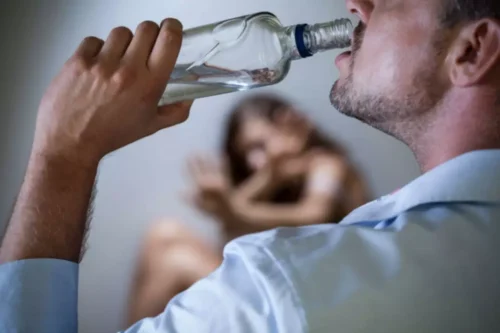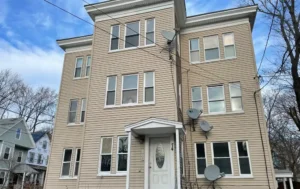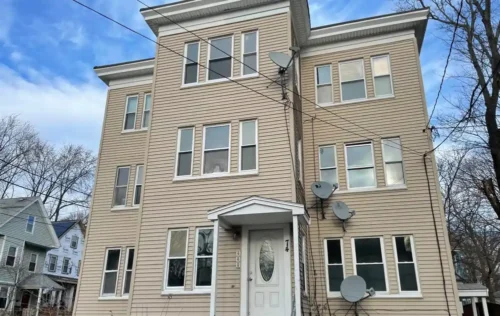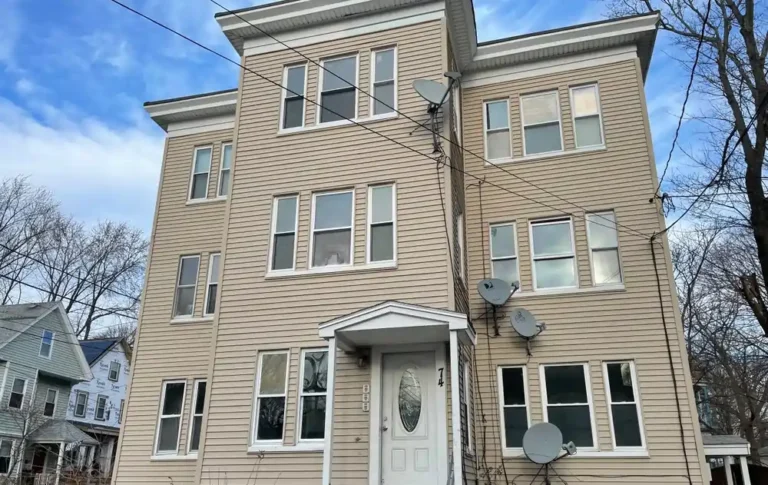
When doing this, think outside the obvious and ask your sponsor or counsellor for help so you’re not later caught off guard by an emotion, sight or smell. Another one of the most common relapse triggers is putting yourself in situations where drugs and alcohol are available. It is not always so straightforward though — simply driving through an old neighbourhood or catching the smell of a pub as you walk by can be enough to trigger intense urges to use. There is a saying in the AA community, “If you visit the barber shop often enough, you’re bound to get a haircut”. Well, eventually that will wear thin as it stands to reason that if everyone around you are getting high, what fun are you having being clean and sober?

A Sober Guide to Christmas Parties

High-risk places remind former drug users of the times they engaged in substance use. Walking or driving through places where they used to drink or consume drugs can spark a memory connected to drug or alcohol use. Relapse rates for substance abuse mirror those for other chronic conditions, such as asthma and diabetes, meaning that relapse is a common occurrence. Reentering a residential treatment facility is sometimes a necessary step to preventing relapse.
Common External Relapse Triggers
Reminiscing about or glamorising in this way serves as a powerful addiction relapse trigger if acted upon. It’s likely some of the defining events of your youth took place in the presence of drugs or alcohol. As you age, you may desire to re-taste your youth by attending events and places where drugs and alcohol are readily available. If this is the case, it’s worth taking a few days off work and learning some effective stress management techniques to help you better cope with your new responsibilities. The simplest way to avoid social isolation is to attend a local mutual support group. When you attend a mutual support group, you may benefit from having a sponsor.
Top Relapse Triggers and How to Manage Them
Triggers may decrease in frequency the longer someone abstains from substance use, but anyone in recovery needs to be prepared to respond appropriately when triggers do arise. Boredom can be a slippery slope if you’re not ready to tackle it head-on. In early recovery, boredom and social isolation can be powerful triggers for relapse. When feeling bored, individuals may be more likely to seek out activities or substances that provide temporary relief or excitement, leading to a return to addictive behaviors.
- However, an addiction never goes away; it is a chronic condition that needs to be dealt with continuously.
- When it comes down to situations, everyone handles adversity differently.
- Setbacks are common and many people can get back on track with sobriety after experiencing a setback.
- Addiction often develops because people use drugs or alcohol to feel better about their current situation.
- Discussions often revolve around dealing with everyday situations without turning to substances.
- Staying away from this slippery slope is the only way to prevent this type of over-confidence which results in relapse.
Recognizing Relapse Warning Signs

While it’s important to keep these triggers in mind, it’s equally important to familiarize yourself with your loved one’s specific relapse triggers as well. Everyone’s recovery process is unique; not all addicted individuals will be triggered by all of the above, and there may be more personal triggers outside of this list to consider. There are many categories of addiction relapse triggers, they can be types of relapse triggers emotional, environmental or mental, and often a trigger falls into multiple categories.
- These types of relapse triggers are related to your environment — people, places, and objects physically around you that can spark memories of substance abuse.
- It’s easy for an addicted individual to remember only the positives of their abuse and forget all the anguish it may have caused them.
- During addiction recovery, you are likely to experience triggers and cravings as you navigate your sobriety journey.

It is common for people who struggle with addiction to relapse at least once during recovery. Some people fall off the wagon several times before getting sober for the last time. In fact, despite the existence of FDA-approved treatments for nicotine, alcohol, and opioid addiction, more than two-thirds of individuals will relapse after initiating treatment. Parties, bars, and other places where alcohol or drugs are present can be particularly risky for individuals with addiction. The presence of substances in these settings can make the temptation to use them stronger.
Creating a Relapse Prevention Plan
Being aware of these relapse triggers is your first step towards long-term addiction recovery. They can help identify and treat any underlying issues that could increase your risk of relapse. They also provide counseling services to teach healthier coping strategies for stress and negative emotions.
- There is a saying in the AA community, “If you visit the barber shop often enough, you’re bound to get a haircut”.
- You might think you are strong in your recovery and put yourself in increasingly risky situations – while also no longer working a recovery programme.
- Other events may be far less stressful, but minor stress may go unnoticed and cause a relapse merely because you underestimate the power of this stress in its ability to test your resolve.
- This person is typically an experienced member of the group who has been in recovery for many years.
These issues can be fixed, and people should learn to challenge their outlook by giving equal attention to past successes. When you see a doctor or mental health specialist, let them know that you are in recovery. Insisting on non-addictive prescriptions and alternatives to medication can help eliminate a potential source of triggers.

Look for shortcuts to help you save time or consider saying no to obligations that don’t bring you joy. For example, if running late at work makes you scramble to get dinner on the table, keep a few quick freezer meals on hand so you’re free to enjoy more quality time with your family. If your schedule is so jam-packed that you don’t have a second to yourself, choose one night per week to designate as time for rest and relaxation.

